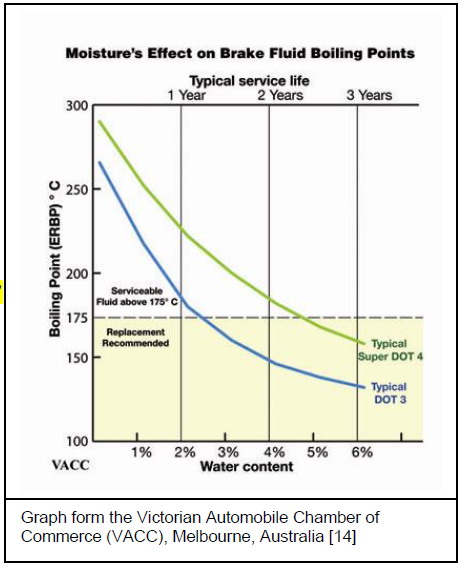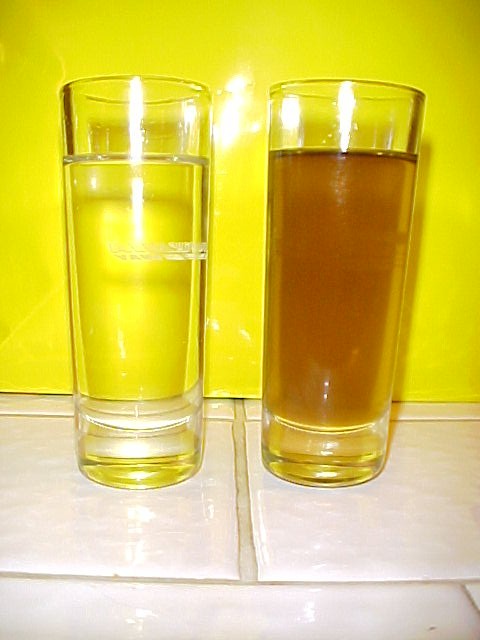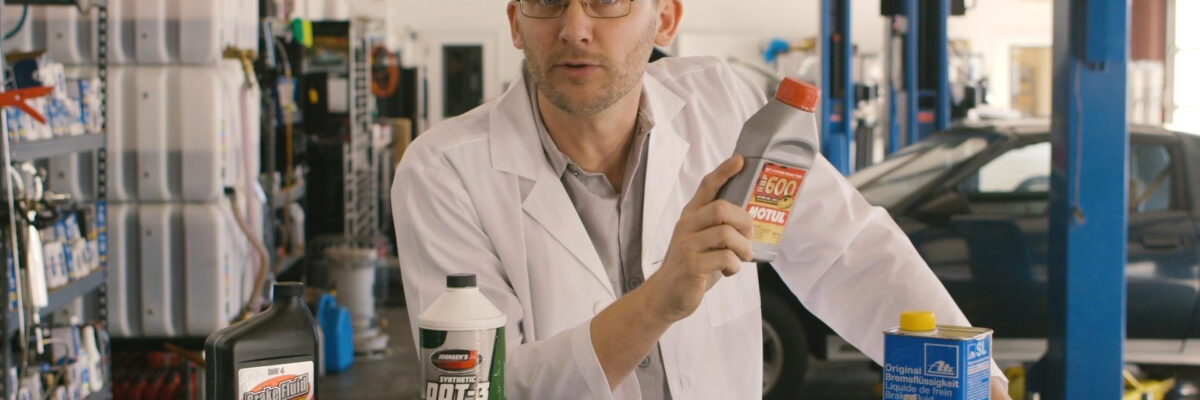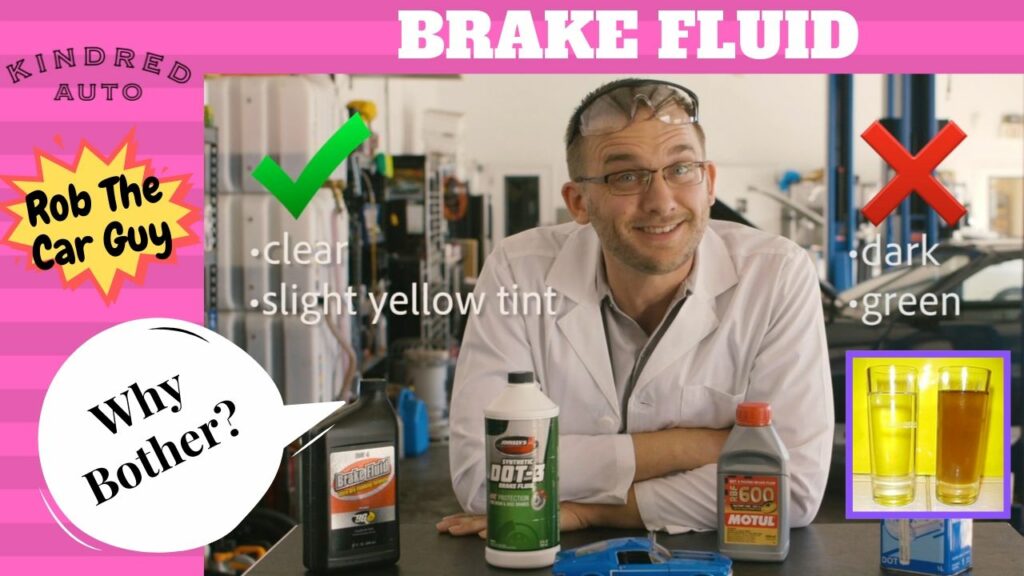As cars become more reliable and last longer, we are hearing more and more about the importance of maintaining fluids and preventative maintenance. Brake fluid is vital, and you should service it on a regular basis to maintain your braking performance and prevent expensive brake components from failing prematurely. But why does brake fluid needs to be serviced? At Kindred Automotive in Indian Trail, NC, this is what we tell our customers.
Brake fluid essentially transfers the energy of your brake pedal to the brake calipers. The brake calipers squeeze the brake pads against the brake rotor, allowing friction to turn the kinetic energy of your car into heat, slowing or stopping the vehicle. All that heat subjects your brake fluid to extremely high temperatures, typically over 300 degrees, as you apply the brakes of your car. Brake fluid must endure these very high temperatures without boiling or turning into a vapor.

Another key property that makes brake fluid unique is that brake fluid is hygroscopic, meaning it absorbs water. If this moisture was allowed to settle in the brake system, it would eventually rust or corrode the metal components and could cause brake failure!
The problem with brake fluid absorbing moisture is that moisture lowers the boiling point of the brake fluid. This destroys the ability of your cars brake fluid to handle the high heat your brake pads and brake rotors generate. Brake fluid performance is listed by “DRY” and “WET” boiling points because of the major difference this moisture creates.
As you can see, the more moisture in the system, the lower brake fluid boils. When the temperature of the brake system exceeds the boiling point of the fluid, the fluid turns to vapor, causing the system to lose pressure. This is known as “Brake Fade” or sometimes described as a “Spongy Brake Pedal”.
This condition typically happens when making a panic stop or when the vehicle is loaded down with passengers, making brake failure even more problematic! For this reason, it is important to always have fresh fluid in the system in order to keep the boiling point ABOVE the normal operating temperature of the brake system, and to prevent brake failure.
As if boiling fluid wasn’t enough reason to flush your brake fluid, old brake fluid causes many other expensive failures, such as leaking brake calipers, leaking master cylinders, damaged ABS pumps, or failing brake lines.
Dirty brake fluid

When looking at fluid or when your mechanic is reporting the condition, dark brown brake fluid often indicates high moisture content. Green brake fluid is an indication the old fluid is leeching copper from the system due to the pH being off. Both are problematic to the vehicle, the safety of the occupants and the very expensive parts in the brake system.
A Brake Fluid Flush replaces the old fluid in the reservoir with a new, sealed bottle (never being exposed to moisture in the air) of fresh fluid. Clean fluid is then flushed through the brake lines and through all 4 calipers. You should do this to your vehicle every 2-3 years, but it varies a bit from vehicle to vehicle. The result is a longer-lasting brake system, shorter and more consistent stopping distances, and a happier vehicle with a lot less money spent on repairs.
If you are near Indian Trail, NC and would like more information on your brake fluid or any other automotive repairs, let us know at Kindred Automotive! We offer a 3 year, 36,000 mile warranty on nearly all automotive repairs!



